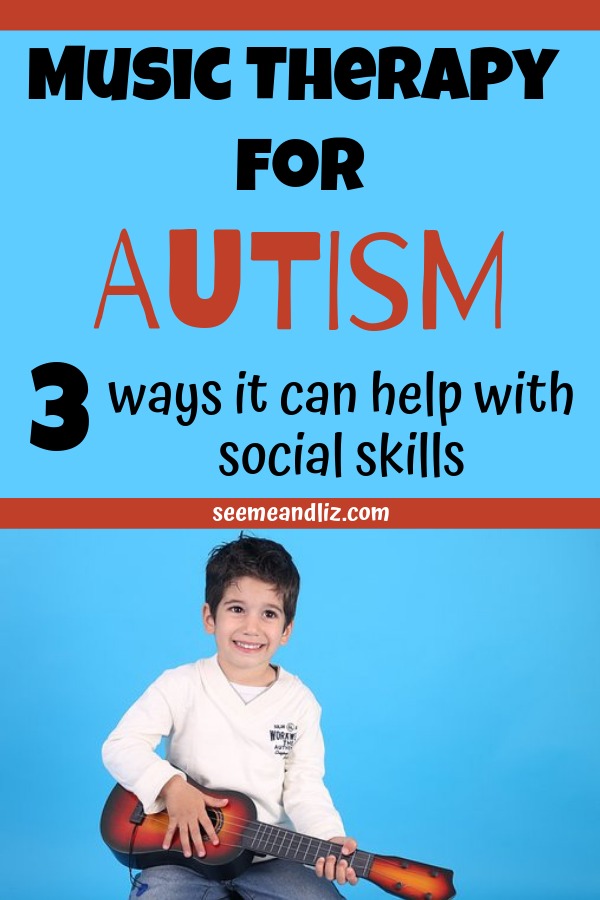Music has long been recognized for its therapeutic benefits, and piano lessons can be particularly impactful for individuals with autism and special needs. Customized instruction methods can unlock new opportunities for musical expression and personal growth. This article explores the advantages and approaches of offering Piano lessons for Autism and Piano lessons for Special Needs.
Why Piano Lessons for Autism and Special Needs?
Learning to play the piano provides numerous advantages, particularly for those with autism and special needs. Here are notable benefits:
- Improved Motor Skills: Playing piano helps in developing fine motor skills and hand-eye coordination.
- Cognitive Development: Learning music theory and reading sheet music can enhance cognitive abilities.
- Emotional Expression: Music offers a safe channel for expressing emotions, which is particularly valuable for non-verbal or less expressive individuals.
- Structured Routine: Regular lessons and practice sessions can introduce a structured routine, beneficial for many on the autism spectrum.
Customized Teaching Methods
Effective piano lessons for individuals with autism and special needs require specialized teaching methods:
Visual Aids and Technology
Incorporating visual aids like colored notes or light-up keyboards can make learning more engaging. Music apps that offer interactive and visual feedback can also be incredibly beneficial.
Simple, Step-by-Step Instructions
Breaking down lessons into simple, manageable steps helps prevent overwhelm and keeps students motivated. Repetition and positive reinforcement build confidence and proficiency.
One-on-One Instruction
Personalized classes allow instructors to tailor lessons to each student’s unique needs. This individualized attention ensures that the pace and curriculum are appropriate.
FAQs
What age is appropriate to start piano lessons for children with autism?
There is no specific age to start piano lessons; it largely depends on the child’s interest and ability to focus. However, starting between ages 4 and 7 is often recommended.
How can piano lessons help with social skills?
Group lessons or performance opportunities can encourage social interaction and build confidence in social settings. Learning duets and participating in recitals can foster communication skills.
Are there specific pianos or keyboards recommended for special needs students?
Digital pianos with features like weighted keys and adjustable touch sensitivity are often preferred. These instruments can be more flexible and easier to adapt to different needs.
Read more about autism piano lessons near me here.
The journey of learning piano can be deeply rewarding for individuals with autism and special needs. With thoughtful, customized approaches, these lessons can open a world of musical joy and personal achievement.





